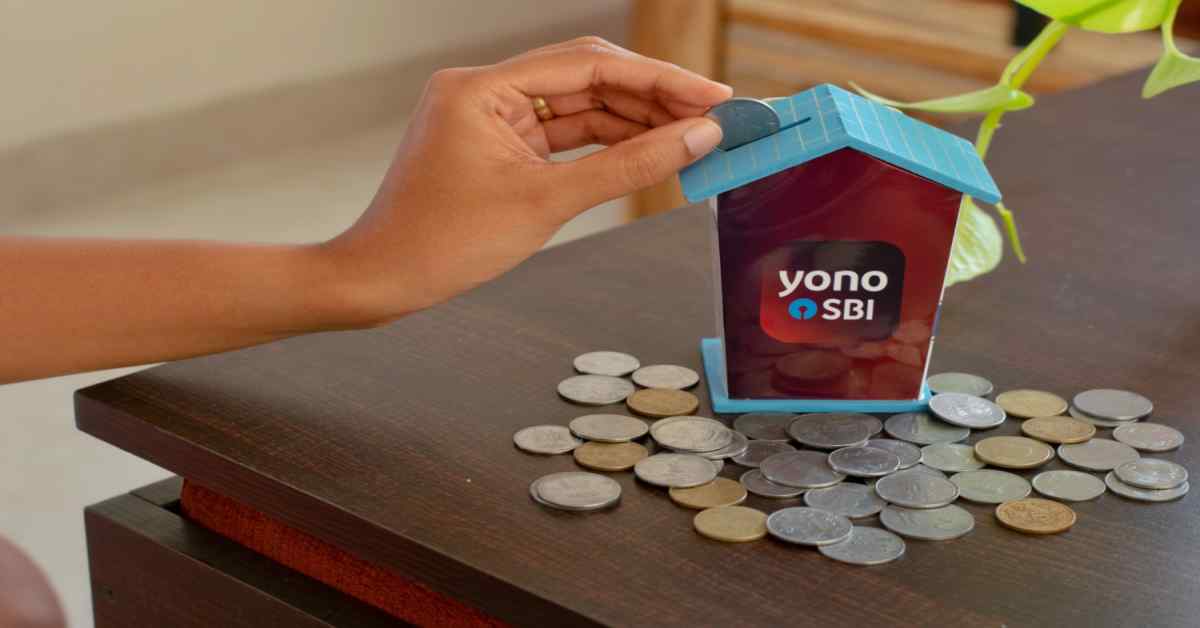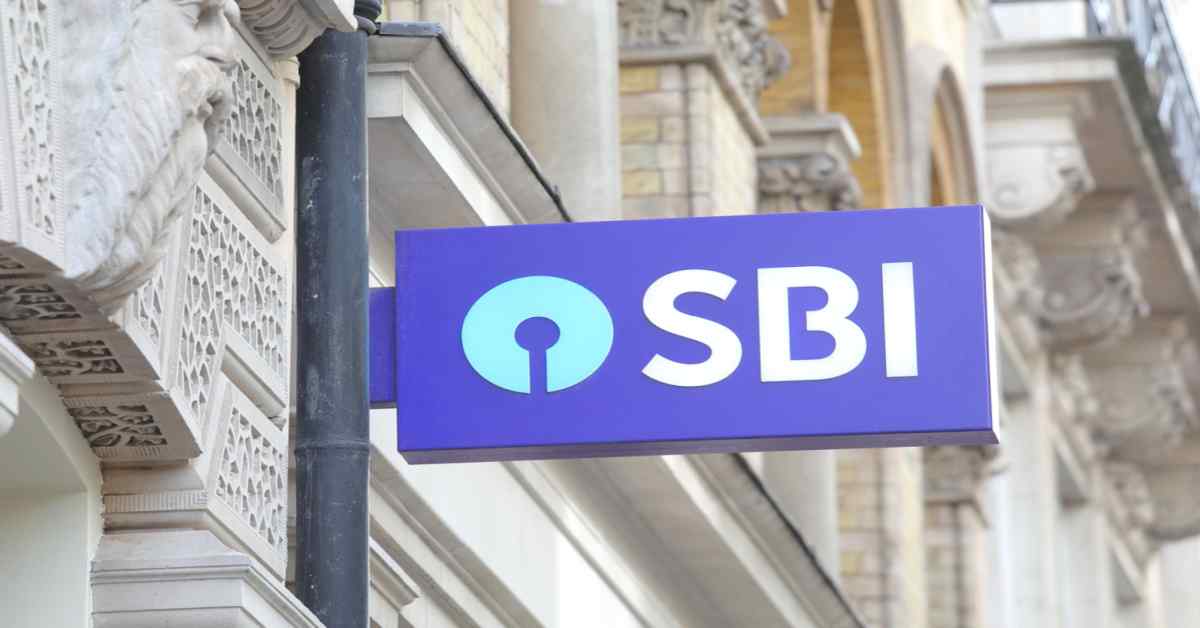Table of Contents
Quality Service Guarantee Or Painting Free

Get a rental agreement with doorstep delivery

Find the BEST deals and get unbelievable DISCOUNTS directly from builders!

5-Star rated painters, premium paints and services at the BEST PRICES!
Loved what you read? Share it with others!


Submit the Form to Unlock the Best Deals Today
Help us assist you better
Check Your Eligibility Instantly

Experience The NoBrokerHood Difference!
Set up a demo for the entire community
Home Loans for the Self-Employed
Table of Contents
Are you a self-employed individual in India seeking to buy a home, but finding it difficult to secure a housing loan due to a lack of a steady income? If so, you're not alone. The self-employed face unique challenges in securing self-employed home loans, but it's not impossible.
In this comprehensive guide, we'll cover the best home loans for the self-employed in India, providing tips and information on how to increase your chances of approval. Whether you're a freelancer, small business owner, or simply self-employed, this blog will provide you with everything you need to know about securing home loans for the self-employed and making homeownership a reality.
Before you can go about the process of applying for a home loan as a self-employed individual, it is important that you understand the very basics of home loans for the self-employed.
Quality Service Guarantee Or Painting Free

Get a rental agreement with doorstep delivery

Find the BEST deals and get unbelievable DISCOUNTS directly from builders!

5-Star rated painters, premium paints and services at the BEST PRICES!
What is a Self-Employed Home Loan?
Most banks and Housing Finance Companies (HFCs) extend home loans to sole traders or self employed individuals. However, interest rates on home loans for sole traders tend to be slightly higher compared to those for salaried individuals. The Loan-To-Value (LTV) ratios and repayment terms, on the other hand, are typically similar to those offered to salaried individuals—up to 90% of the property value (depending on the loan amount) and up to 30 years (based on the applicant's age).
How Does a Home Loan for The Self-Employed Differ From A Regular Home Loan?
It is often seen that acquiring a home loan as a self-employed professional is much harder compared to their salaried counterparts. Salaried individuals are viewed as safer borrowers since banks and other lending institutions can easily verify their income owing to their steady income, expenses and savings.
However, with self-employed individuals like freelancers, lawyers, doctors with private practices, chartered accountants, shopkeepers, small business owners, etc, income flow is not consistent and credit scores can often be lower.
Self-employed applicants are also often subjected to extensive application processes, which could include an in-depth check of their income via documents like bank statements, income tax returns, collateral title deeds, lease documents signed by the applicant and their landlords proving payment of monthly rents, etc.
What Are The Home Loan Interest Rates For Self Employed Borrowers?
Self-employed home loan interest rates typically begin at 8.40% p.a. Most banks and housing finance companies (HFCs) provide house loans to independent contractors and professionals at floating interest rates; however, some also provide loans at fixed rates.
Some lenders also provide mixed/hybrid interest rate home loans, where the interest rate for self-employed borrowers is fixed for the first few years of the loan term and then becomes a floating rate.
Self-employed borrowers who take out home loans at higher interest rates may want to think about using the home loan balance transfer facility to transfer their existing home loans to other lenders at lower interest rates.
| LENDER | ≤ ₹30,00,000 | ₹30,00,001- ₹75,00,000 | >₹ 75,00,001 |
| Bajaj Housing Finance | 8.75% onwards | 8.75% onwards | 8.70% onwards |
| Bank of Baroda | 8.60%-10.35% | 8.60%-10.35% | 8.60%-10.60% |
| Federal Bank | 8.60%-9.95% | 8.60%-10.00% | 8.60%-10.05% |
| Godrej Housing Finance | 8.64% onwards | 8.64% onwards | 8.64% onwards |
| HDFC Bank | 8.65% – 10.35% | 8.65% – 10.60% | 8.65% – 10.70% |
| ICICI Bank | 8.75% – 9.85% | 8.75% – 9.85% | 8.75% – 9.85% |
| IDFC Bank | 8.60% onwards | 8.60% onwards | 8.60% onwards |
| Kotak Mahindra Bank | 8.65% onwards | 8.65% onwards | 8.65% onwards |
| LIC Housing Finance | 8.65% – 10.10% | 8.65% – 10.30% | 8.65% – 10.50% |
| L & T Housing | 8.65%-8.75% | 8.65%-8.75% | 8.65%-8.75% |
| PNB Housing Finance | 8.75% – 14.50% | 8.75% – 13.00% | 8.85%-10.85% |
| Punjab National Bank | 8.60% – 9.35% | 8.55% – 9.25% | 8.55% – 9.25% |
| State Bank of India | 8.60% – 9.50% | 8.60% – 9.40% | 8.60% – 9.40% |
| Tata Capital | 8.95% onwards | 8.95% onwards | 8.95% onwards |
| Union Bank of India | 8.60% – 10.50% | 8.60% – 10.70% | 8.60% – 10.70% |
The choice of bank or lender for your home loan will depend on varied factors. It is important to note that the SBI home loan eligibility for the self-employed may not be the same as the HDFC home loan eligibility for the self-employed or that of other lending organisations. Often banks have terms and conditions that vary from time to time such as the ICICI home loan for self-employed individuals.
What Are The Types Of Self-Employed Individuals?
There are 2 main types of self-employed people. These are-
- Self-Employed Professionals: Borrowers who have established their own businesses and are academically qualified in their fields of specialisation, such as doctors, lawyers, engineers, MBAs, and CAs.
- Self-Employed Non-Professionals: Borrowers who own their own businesses but lack the necessary educational credentials in their field of endeavour, such as traders, commission agents, and contractors.
What Are The Eligibility Criteria For Self-Employed Individuals?
Home loan eligibility for self-employed professionals can vary depending on the bank or lending institution. However, these are a few of the most common eligibility criteria for housing loans for self-employed-
- Applicants must be between the ages of 22-65 years. Some banks or HFCs may extend the eligible range to cover individuals aged 21-70 years. These exceptions can be made only if proper income certificates or succession plans are provided.
- A good credit score is a necessity, especially when applying for a home loan as a self-employed individual. While a credit score of 750 is good enough, a higher credit score would increase the applicant’s chances of getting a home loan at a lower interest rate.
- Self-employed individuals are required to meet pre-set annual income criteria. Most banks and HFCs require the applicant to earn a minimum of ₹ 2,00,000 per annum.
- Home loan for self-employed eligibility is also dependent on the number of years the applicant has been in business in their particular field. Most lending institutions require the applicant to be in business for at least 3-5 years.
- Applicants are required to be Indian residents. NRI self-employed persons are considered viable borrowers in very few cases and are limited to a few banks or HFCs only.
How To Calculate Your Income As A Self-Employed Individual?
As a self-employed individual, your gross income would be all of your earnings procured in that financial year. Your net income would be your income after all valid deductions like overhead costs, operating expenses, administrative expenses, manufacturing expenses, etc are done.
Understanding The Documents Required For A Self-Employed Home Loan
The following sets of documents are crucial for a successful home loan disbursement for self-employed individuals-
Identity Proof
- Aadhar card
- PAN Card
- Other ID proofs such as ration card/ Voters ID/ Drivers’ Licence
Proof Of Income Documents
- Proof of income and business continuity
- Income Tax Returns, Form 16
- Bank statements for your savings, current, and overdraft accounts from the preceding six to twelve months.
- A copy of your tax returns from the last three years, attested by a CA, and a computation of your income.
- A certified copy of your company's three-year balance sheet and profit and loss account, attested by a CA.
Business Related Documents
- Certificates of Education and Evidence of Business Existence
- The last three years’ Balance Sheet and Profit & Loss Account- CA Certified/Audited
- The Professional Practice licence copy (for Doctors, Consultants, etc.)
- A duplicate of the property acquisition contract.
- A short business profile on your company's letterhead
- A copy of the shop and establishment licence, the VAT registration, or any other required licences or registrations
The choice of bank or lender for your home loan will depend on varied factors. It is important to note that the SBI home loan eligibility for the self-employed may not be the same as the HDFC home loan eligibility for the self-employed or that of other lending organisations. Often banks have terms and conditions that vary from time to time such as the ICICI home loan for self-employed individuals.
How to Increase Your Chances Of Approval For A Self-Employed Home Loan?
Self-employed people frequently pay higher interest rates than those who are hired by a company. However, there are several actions you may do to streamline the procedure and increase the likelihood of success.
- By raising your credit score, you can increase your chances of being approved for a loan. Additionally, you should be able to save money and have some cash in the bank. Finally, you must be able to show that you have enough revenue to gradually repay the loan.
- Your chances of obtaining a mortgage are significantly increased if you have a guarantor. Because the guarantor will be responsible for any loan default, the bank will feel more comfortable financing you. Your company can serve as the guarantor rather than a relative or close friend. This is particularly true for those who work for themselves and have no other options for obtaining a mortgage.
- You can also increase your chances by increasing your down payment. It will be simpler for the lender to approve your application if you have a greater down payment because they know they can get their money back if something goes wrong with your loan.
- Reduce your debt-to-income ratio—one of the most crucial pieces of advice for independent contractors. This is because having minimal debt and a high income will increase the likelihood that lenders will approve your loan application. You might want to think about paying off all of your debts before applying for a home loan to reduce your debt-to-income ratio.
How NoBroker Can Help You Get a Self-Employed Home Loan?
NoBroker’s home loan services are available to assist self-employed individuals in their home loan application process. NoBroker’s banking partners help provide home loans at some of the lowest interest rates.
Through the NoBroker home loan service, as an applicant, you can avail of document verification and submission assistance at any time. You can also check your eligibility for home loans easily with the help of our home loan eligibility calculator online. You can even check your eligibility for pre-approved home loans here.
NoBroker can help you get in touch with a dedicated loan manager who can help you choose the best balance transfer offer according to your requirement from 30+ banks. The loan manager will also act as a liaison between you and the bank, hence making the entire process quick, easy and hassle-free for you.
Need a home loan ASAP? Head over to NoBroker Home Loan Services and get the lowest interest rates and fastest loan disbursal with minimal documentation and no hidden charges today.

Frequently Asked Questions
Ans. It typically takes around 2-3 weeks to get a self-employed home loan in India, but the processing time can vary depending on the lender and the completeness of the applicant's documents. For quick and hassle-free home loan disbursal for leading banks heads over to NoBroker Home Loan services now!
Ans. Yes, self-employed individuals with bad credit can still get a home loan in India, although they may have to pay a higher interest rate or provide additional collateral.
Ans. Yes, self-employed individuals may be required to pay additional charges such as processing fees, legal fees, and insurance premiums while applying for a home loan in India.
Ans. Yes, self-employed individuals can apply for a home loan online in India through various digital platforms offered by banks and NBFCs. This is a convenient and time-saving option for those who do not have the time or ability to visit a bank branch.
Ans. The maximum loan amount that can be availed by self-employed individuals depends on their income, repayment capacity, and credit score. Typically, the loan amount ranges from ₹5 lakh to ₹10 crore. The amount may vary depending on the lending institution.
Ans. A construction loan for self-employed individuals is a type of financing that helps self-employed individuals fund the construction of their homes. These loans provide the necessary funds to build a house from the ground up.
Loved what you read? Share it with others!
Most Viewed Articles

Home Loan Interest Rates for All Banks in November 2025
November 3, 2024
25904+ views

ICICI Home Loan Interest Rates - Updated in November 2025
November 3, 2024
22957+ views

SBI Home Loan Interest Rates - Updated in January 2025
January 16, 2025
22799+ views

SBI Home Loan Interest Certificate: Benefits, Offline and Online Options, Get via Yono App in 2025
December 23, 2024
20095+ views

Understanding Home Loan Tenure and Why It's Important
August 22, 2022
16226+ views
Recent blogs in
January 18, 2025 by Priyanka Saha
SBI Home Loan Interest Rates - Updated in January 2025
January 16, 2025 by Siri Hegde K
Home Loan Overdraft Facility in India
January 15, 2025 by Krishnanunni H M
The Subvention Scheme: Meaning, Importance,and More
January 15, 2025 by Kruthi
1.5 Crore Home Loan EMI With Calculator And Interest Rates 2025
January 15, 2025 by Siri Hegde K




Join the conversation!